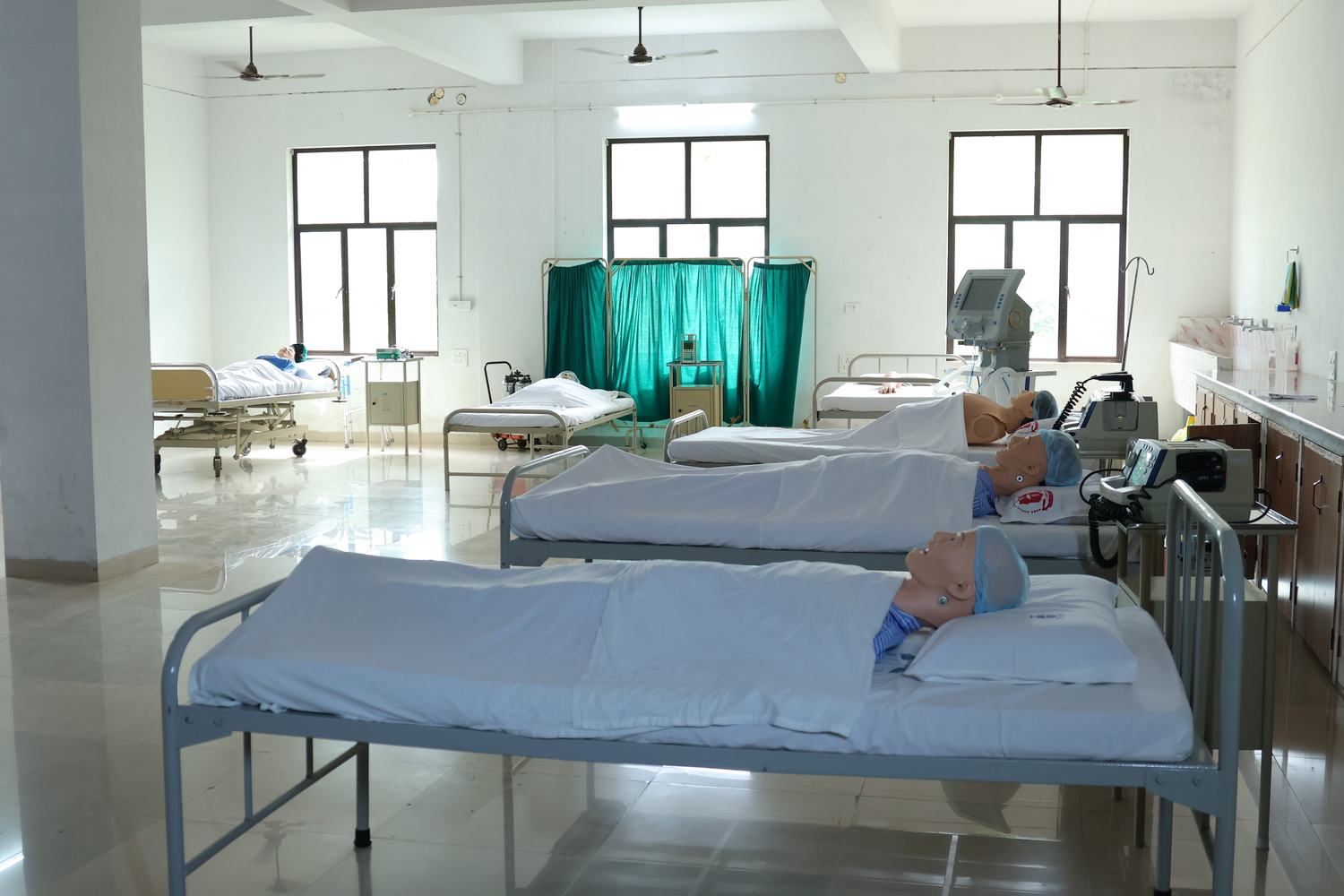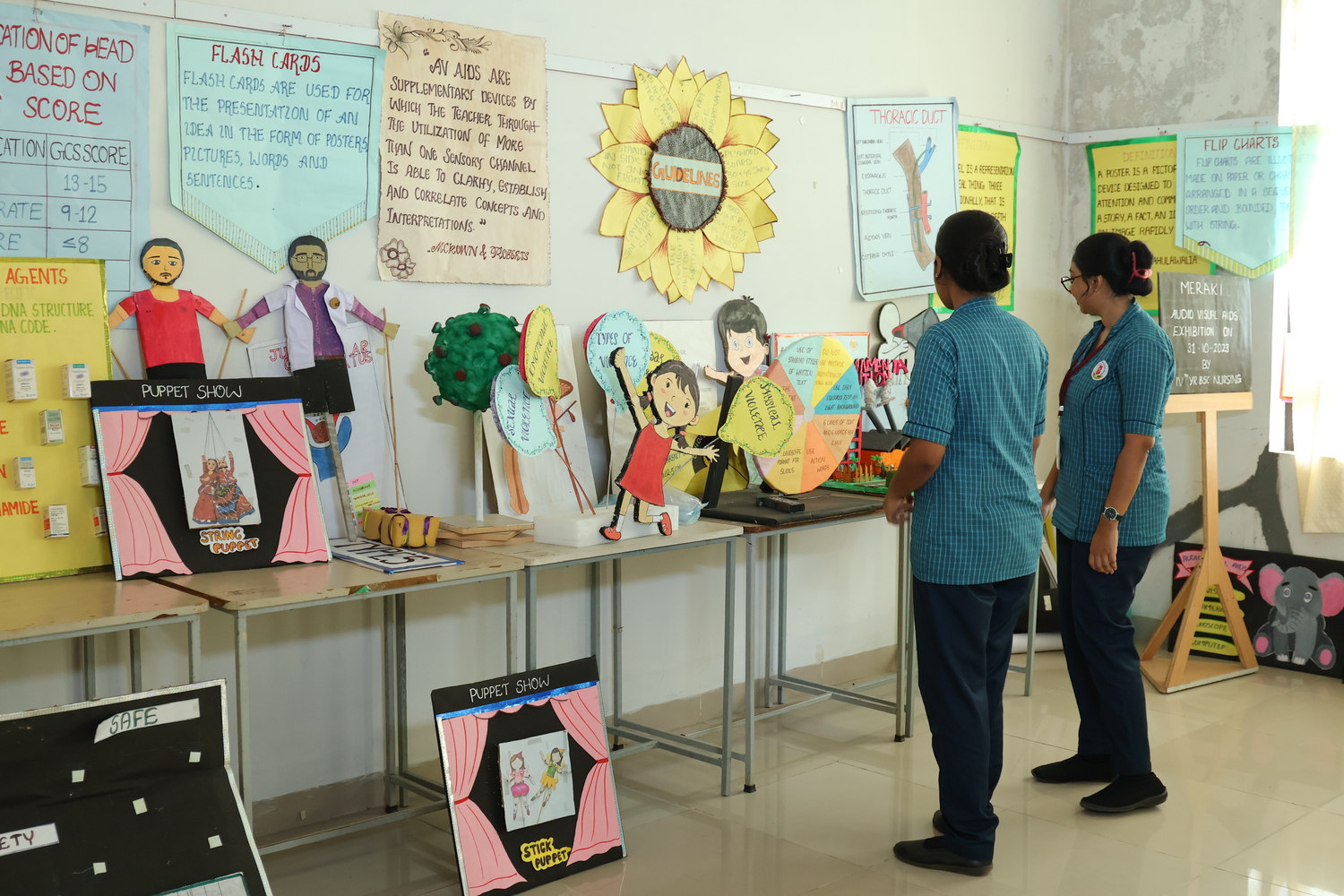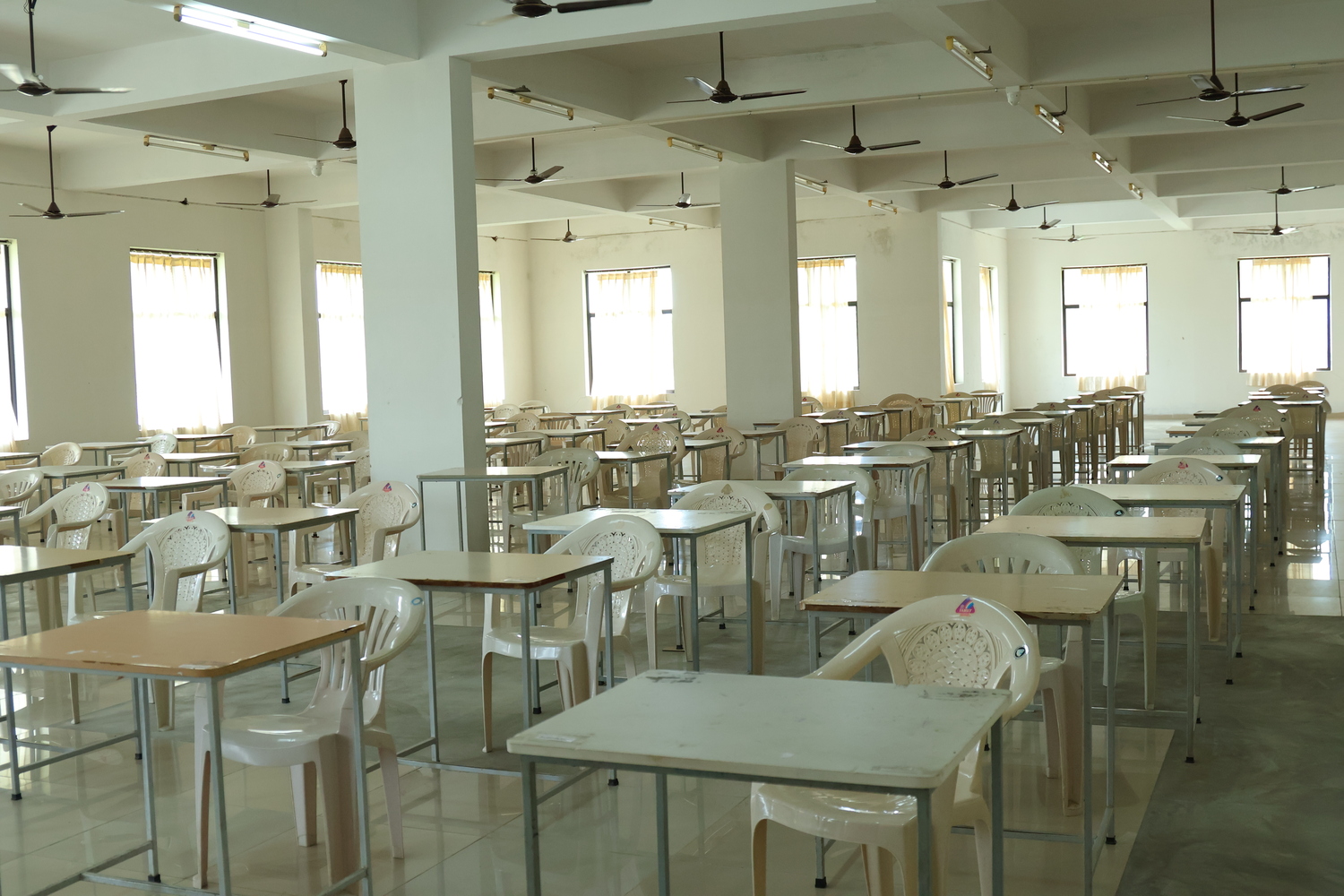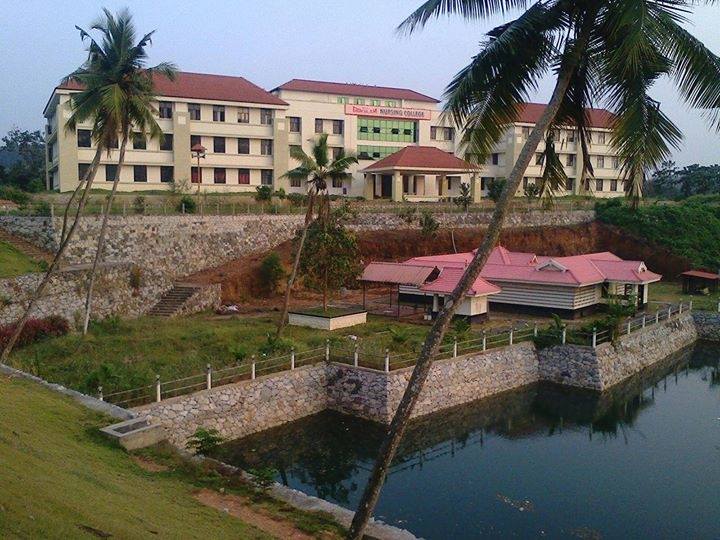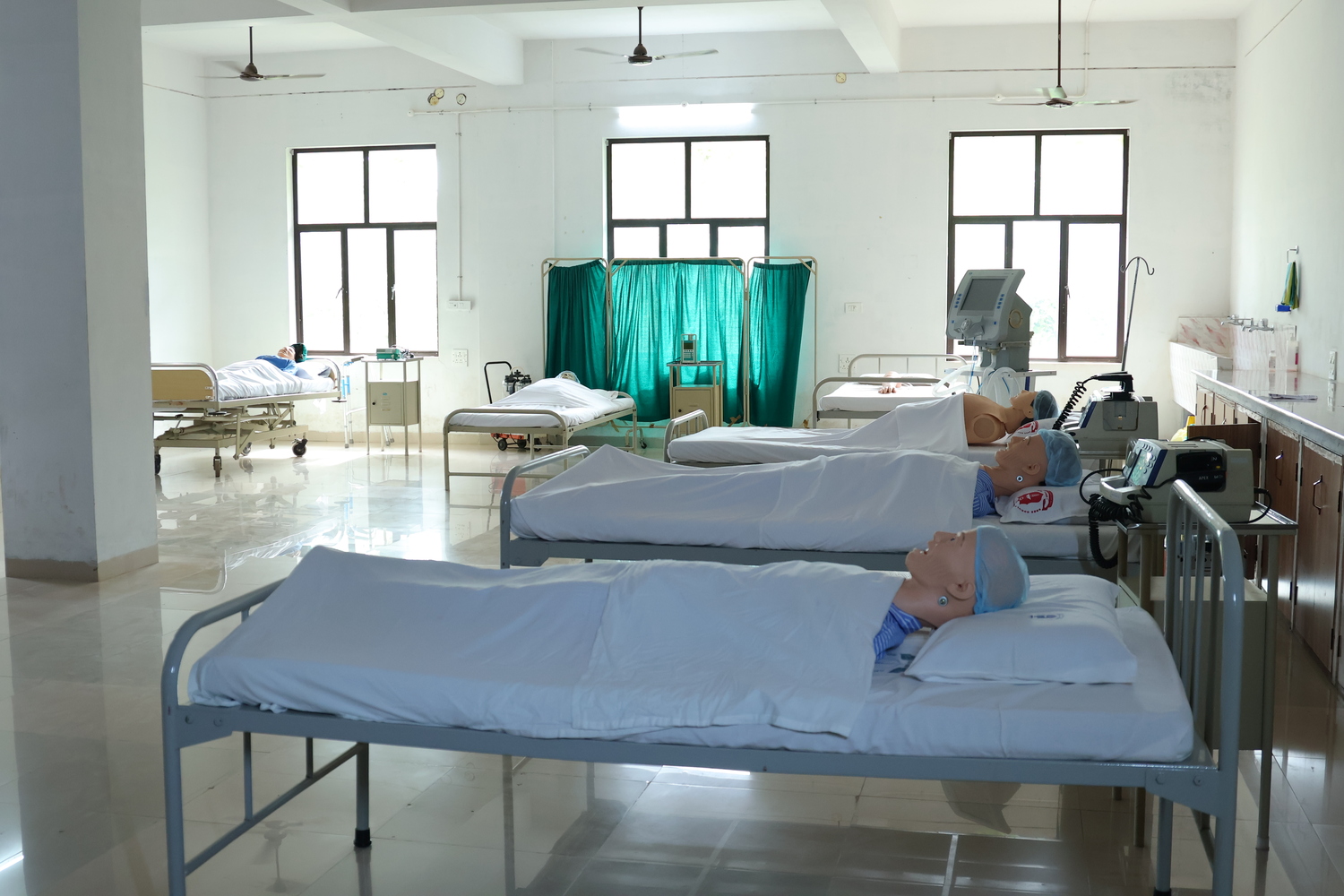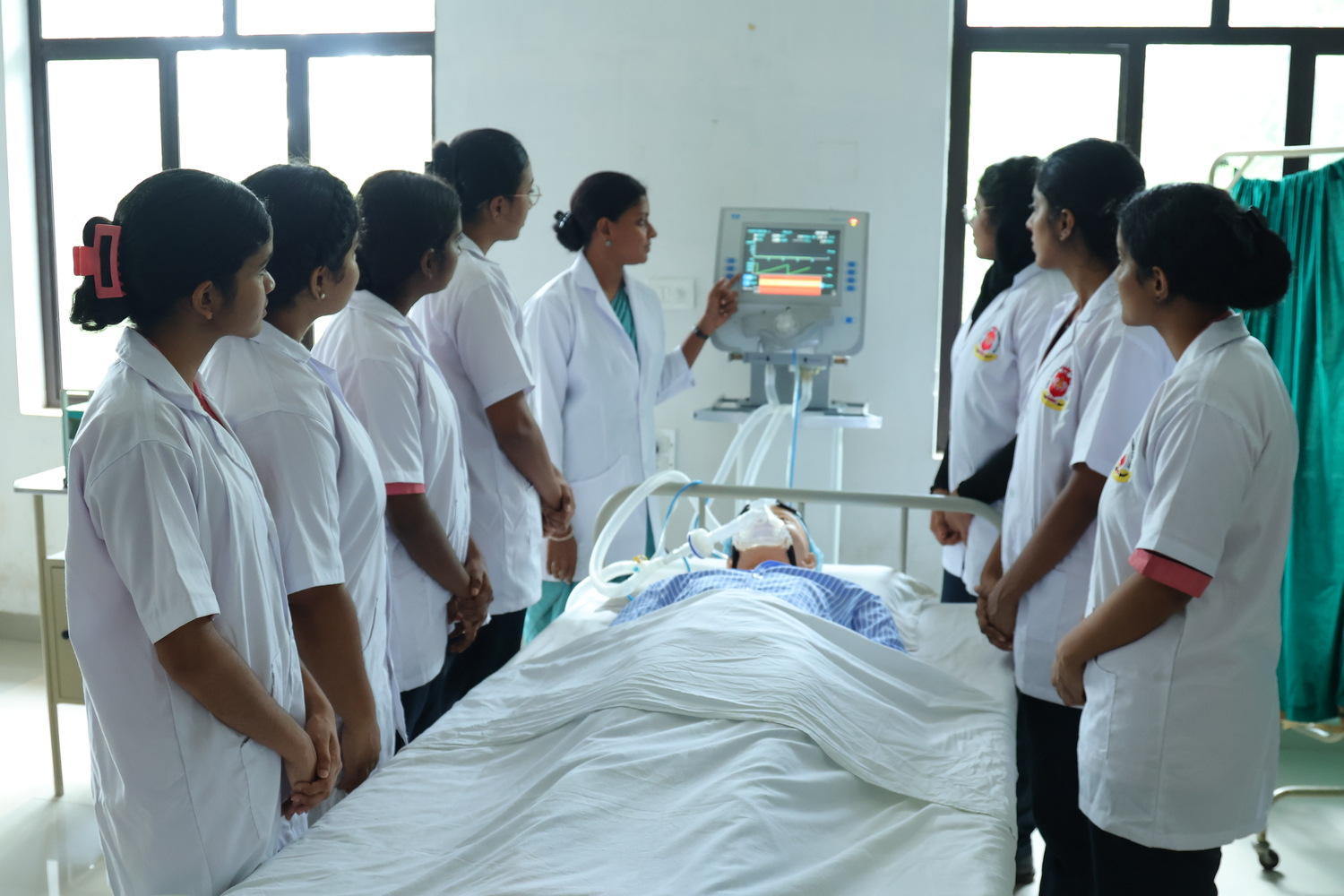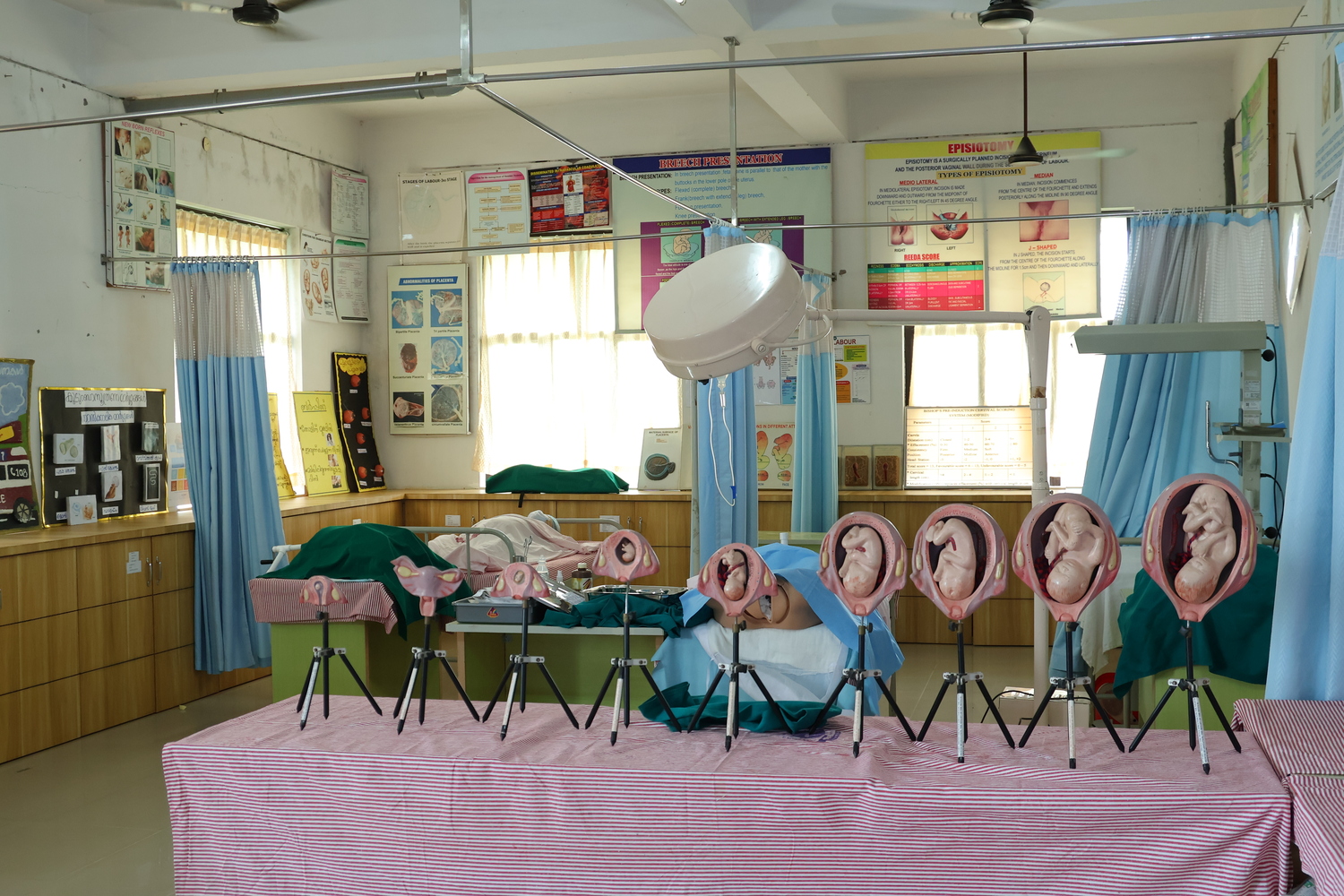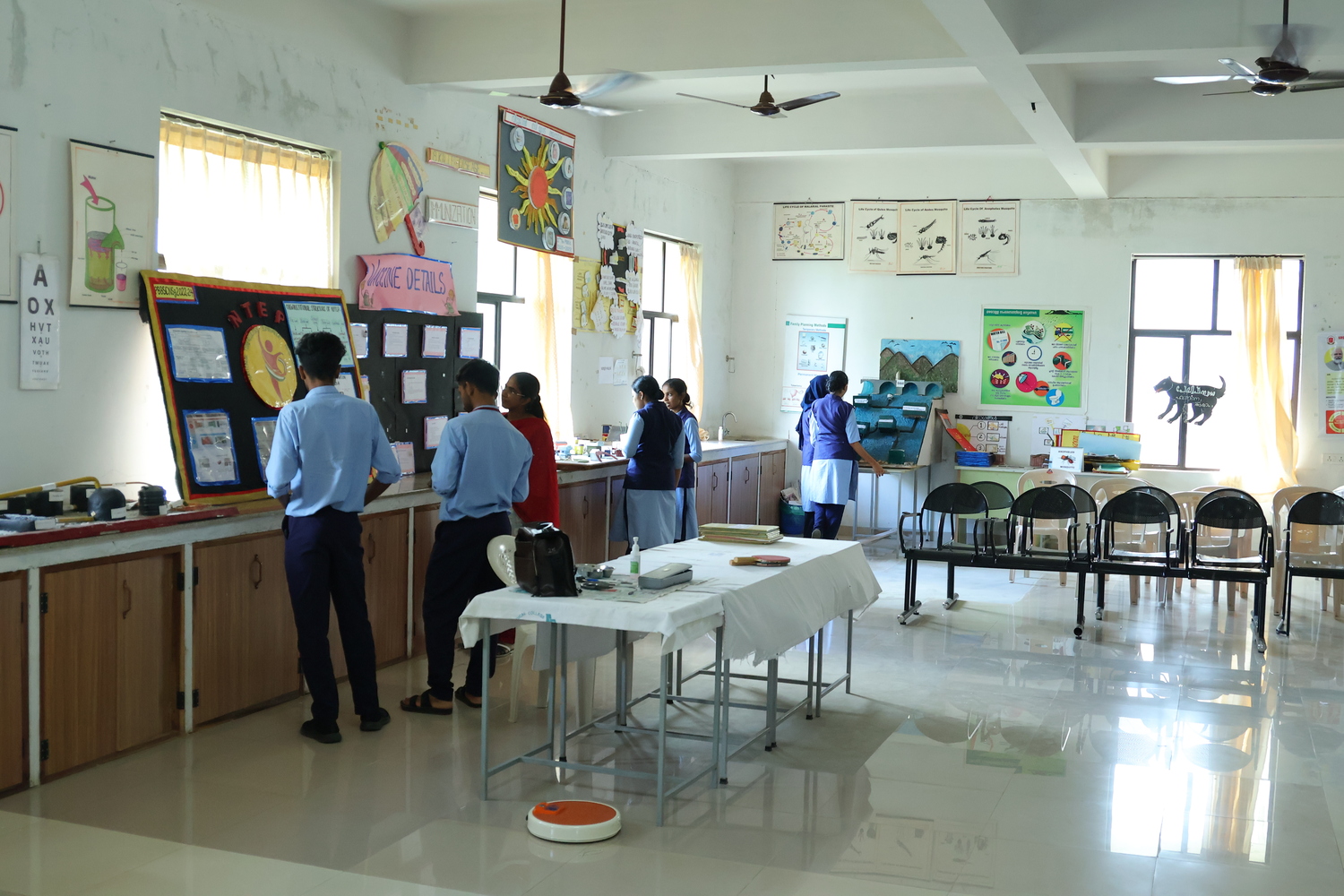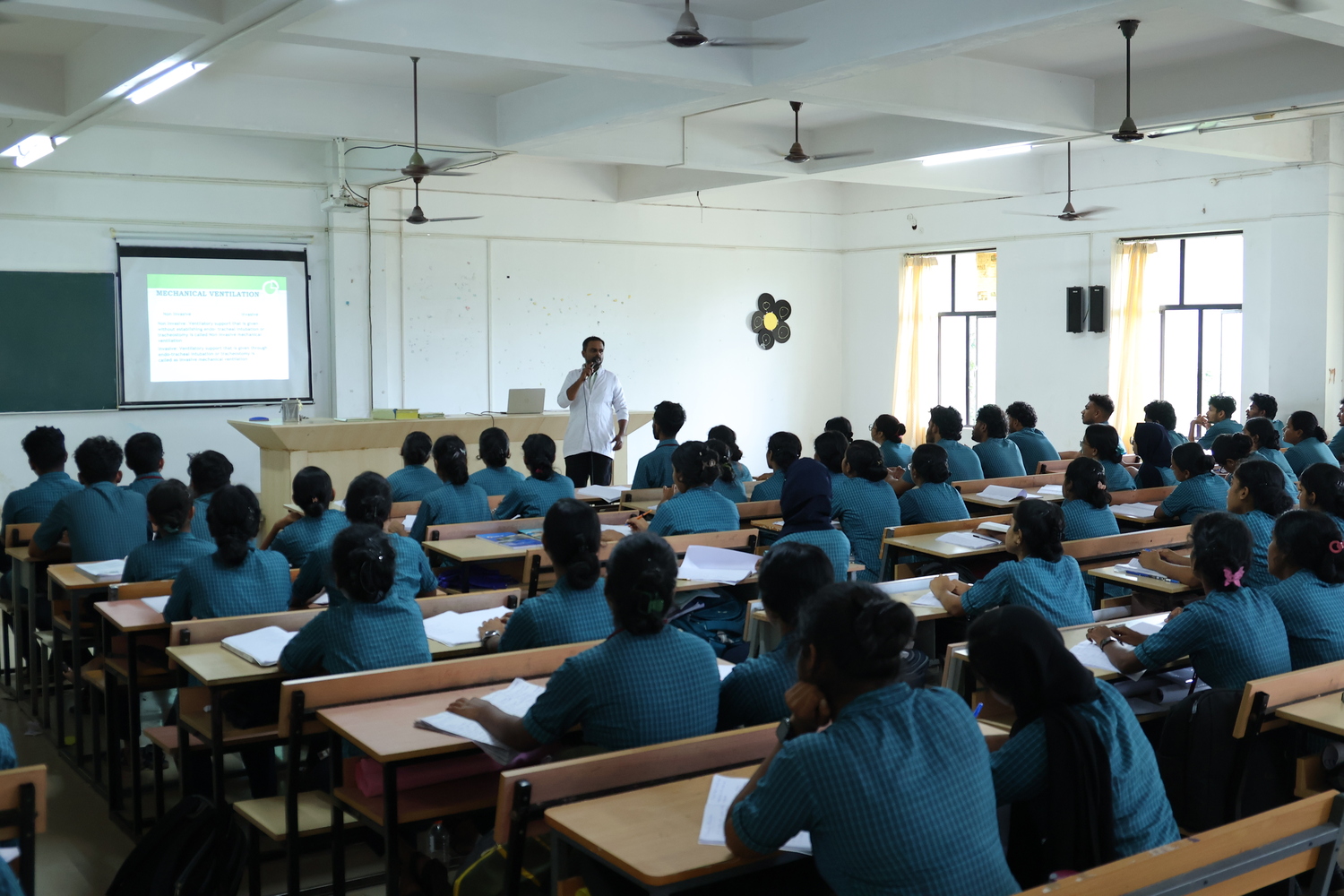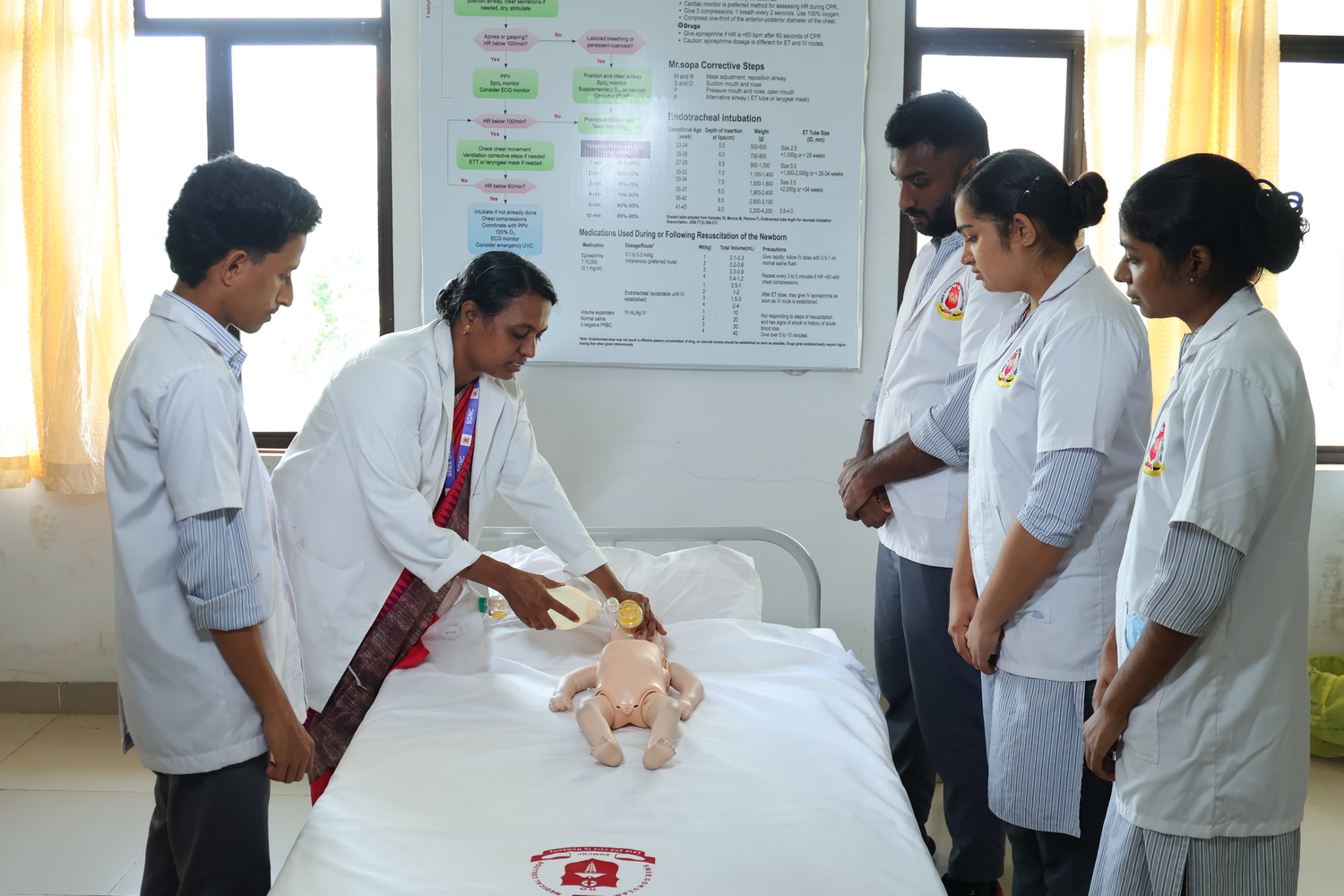
CHILD HEALTH NURSING
The Child Health Nursing Laboratory: Fostering Gentle Care for Our Youngest Patients At Sree Gokulam Nursing College, we are deeply committed to preparing nurses who possess both clinical expertise and profound compassion, especially when caring for the most vulnerable among us: children. Our advanced Child Health Nursing Laboratory (also known as the Pediatric Nursing Lab) is a cornerstone of this commitment. It provides a specialized, realistic, and safe environment where students can develop the unique skills and empathetic approach required for excellent pediatric nursing care, from infancy through adolescence. Purpose of the Laboratory: The Child Health Nursing Laboratory serves as a vital bridge between theoretical knowledge acquired in classrooms and the practical competencies essential for pediatric clinical settings. It offers a simulated environment where students can: Practice fundamental and specialized nursing procedures adapted for pediatric patients. Develop critical thinking and problem-solving skills tailored to common childhood illnesses and developmental stages. Enhance their therapeutic communication techniques when interacting with children and their families, addressing their unique fears and needs. Gain confidence and competence in performing age-appropriate assessments and interventions. Prepare for the specific challenges and rewarding experiences of caring for the pediatric population. Key Features and Facilities: Our meticulously equipped Child Health Nursing Laboratory boasts a comprehensive range of facilities and equipment, designed to simulate various pediatric healthcare settings, from outpatient clinics to inpatient wards: Pediatric Manikins (Infant, Toddler, Child, Adolescent): A range of high-fidelity simulators representing different pediatric age groups, allowing students to practice age-appropriate assessments, medication administration (e.g., calculating pediatric dosages), vital signs, and emergency interventions. Child-Friendly Environment: The lab is designed with colorful and comforting elements to simulate a pediatric ward, helping students learn how to approach and engage with children effectively. Resuscitation Equipment: Dedicated stations with infant and pediatric resuscitation models, including appropriate-sized masks, ambu bags, and intubation equipment. Developmental Play Areas: Simulated play areas to help students understand the role of play in child development and therapeutic interventions. Growth and Development Assessment Tools: Tools for practicing measurements like head circumference, length/height, weight, and assessing developmental milestones. Nutritional Support Models: Models for practicing infant feeding techniques, gavage feeding, and parenteral nutrition preparation for pediatric patients. Audio-Visual Aids: Projectors, whiteboards, and interactive screens to facilitate demonstrations, scenario-based learning, and comprehensive debriefing sessions after simulated patient encounters. Dedicated Practice Zones: Configured spaces to replicate common pediatric nursing scenarios, such as well-baby checks, sick child assessments, medication administration areas, and family counseling corners. Benefits for Our Students: The Child Health Nursing Laboratory offers invaluable benefits, ensuring our students are exceptionally well-prepared for their clinical placements in pediatric units and for their future careers in child health: Age-Specific Skill Mastery: Repeated, guided practice of delicate and age-sensitive procedures builds precision and confidence in pediatric care. Safe Learning Environment: Students can learn from mistakes and refine techniques in a secure setting, ensuring the safety of simulated "patients" is paramount. Enhanced Confidence: Hands-on experience with pediatric equipment and procedures significantly reduces anxiety and increases self-assurance when caring for actual children. Theory-Practice Integration: Direct application of theoretical knowledge to the unique physiological and psychological needs of children deepens understanding and clinical reasoning. Therapeutic Communication Skills: Opportunities to practice empathetic and age-appropriate communication with simulated children and their families foster essential interpersonal skills. Preparation for Diverse Scenarios: Exposure to a wide range of simulated pediatric conditions, from routine care to emergencies, prepares students for the dynamic nature of this specialized field. At Sree Gokulam Nursing College, our Child Health Nursing Laboratory is a nurturing learning environment where students cultivate the specialized knowledge, gentle skills, and compassionate approach vital for providing exemplary and family-centered care to our youngest patients. We are dedicated to continuously enhancing our lab facilities to offer the finest preparation for this deeply rewarding and critical area of nursing.

